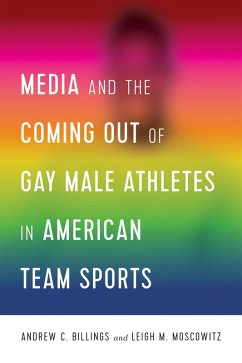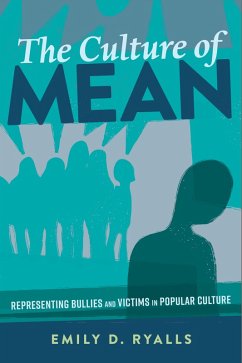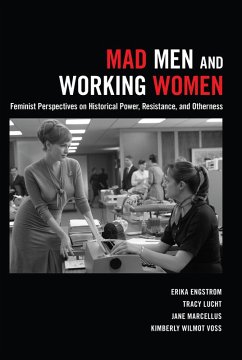
Gay Men and Feminist Women in the Fight for Equality (eBook, ePUB)
"What Did You Do During the Second Wave, Daddy?"
Versandkostenfrei!
Sofort per Download lieferbar
Statt: 40,25 €**
30,95 €
inkl. MwSt.
**Preis der gedruckten Ausgabe (Broschiertes Buch)
Alle Infos zum eBook verschenkenWeitere Ausgaben:

PAYBACK Punkte
15 °P sammeln!
What did gay men do in women's liberation-and vice-versa? This book offers the first systematic investigation of the question. Conventional wisdom has offered varied and contradictory stories: Gay men were misogynistic enemies of feminism; feminist women were homophobic or androphobic; feminist women and gay men collaborated only during the 1960s-1970s liberation moment; lesbians rushed in to work with gay men during the AIDS crisis. Examined for the first time in this book, their stories are much more complex, yesterday and today. Feminist women and gay men have had dynamic relations in popul...
What did gay men do in women's liberation-and vice-versa? This book offers the first systematic investigation of the question. Conventional wisdom has offered varied and contradictory stories: Gay men were misogynistic enemies of feminism; feminist women were homophobic or androphobic; feminist women and gay men collaborated only during the 1960s-1970s liberation moment; lesbians rushed in to work with gay men during the AIDS crisis. Examined for the first time in this book, their stories are much more complex, yesterday and today. Feminist women and gay men have had dynamic relations in popular thinking and historic practice, including commonality, opposition, and intellectual contributions. Written by a feminist-identified gay man, this book forges an examination of these two groups' alliances and obstacles over the past 50 years, as well as their communications of, between, and about each other. What have been the received views of how these groups have or have not worked together politically? What historical evidence supports, contradicts, or complicates these views? New findings help illuminate understandings of the past and present of US women's and LGBTQ movements, as well as broader relations between social movements in general. With a special focus on neglected areas of research, such as the US South, it also argues for how these social movements shaped ideas about what it means to be gay and/or feminist. This book is suitable in whole or excerpt for classes in LGBTQ studies, women's studies, feminist theory, social movements, American studies, and US history.
Dieser Download kann aus rechtlichen Gründen nur mit Rechnungsadresse in A, D ausgeliefert werden.













